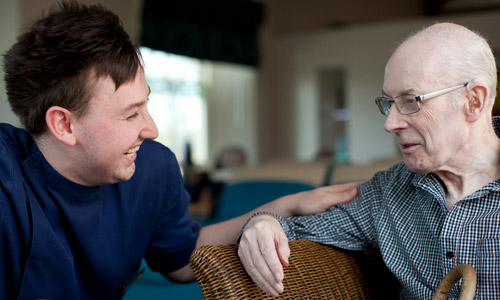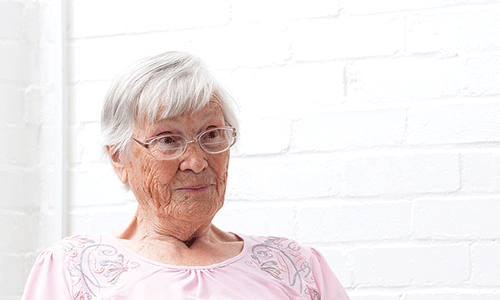This month we have celebrated the 73rd birthday of the NHS and mourned those lost during the pandemic at a special ceremony at St Paul’s I was privileged to be invited to and seen the publication of the Government’s highly-anticipated Health and Social Care Bill.
This juxtaposition is a good reminder of the fact that while the NHS is quite rightly much loved and at the centre of our national life, it isn’t pickled in aspic. That would be impossible and impractical, given the tumultuous social, economic and technological change going on all around us.
The Health and Care Bill isn’t a new start
One of the central themes of the Bill is ‘integration’, both within the NHS, and between it and other important realms – local government, the voluntary sector, communities. Integration is not a new theme but one that has underpinned much health policy thinking in the last few years, certainly the last seven, since the publication of the NHS Five Year Forward View in 2014. The parts of the Bill concerned with integration essentially map out in legislative terms the next stage of a lengthy journey therefore, not the starting point of something completely fresh.
This is certainly true of Integrated Care Systems, or ICSs: some of the commentary surrounding the White Paper has made it sound as though these are a new development but, in fact, ICSs were already established almost everywhere across the country before the White Paper was even written. The Bill gives ICSs more strategic clout in their areas - an evolution that builds on what is working, rather than a revolution driven by the view that something is not.
Multiple conditions mean we need health and care to work together
For us at Age UK this direction of policy travel towards greater integration makes perfect sense, because of all the groups in the population who stand to gain from a more joined up, or ‘integrated’ approach, older people are at the top. Our older population (65+) is growing due to the gift of longevity, but 67% are living with at least one serious long term health condition, like heart disease or cancer, and many live with several. As we age we are much more likely to develop problems like these and while the good news is that they can often be managed, thanks to medical advances, this may only be as the result of frequent interactions with NHS services traversing hospitals, GP surgeries, services provided at home and in the community too. As we age we are increasingly likely to develop social care needs too, often linked to these medical conditions.
A typical situation might be an older person in their late eighties living in their own home alone, and just about managing. However, they have frailty and severe arthritis and one day they have a nasty fall, which in turn leads to fractures and triggers the need for ongoing personal care support – help with getting in and out of bed, washed and dressed and the like. Being less active through a lengthy recovery period then produces other problems too, like a pressure sore, and they become lonely because reduced mobility makes it harder to keep in touch with people.
Someone in this position could easily require ongoing help from hospital outpatient clinics, their GP practice, physiotherapy, occupational therapy, community health services (District Nurses) and local social care services, plus the voluntary sector. In fact, there are many hundreds of thousands of older people like this and they need a highly responsive, flexible and joined up service from a wide range of professionals and volunteers in their local area, to help them to stay well and make the most of life.
Keeping decision making local
What matters to us at Age UK is this hyper-local expression of ‘integration’: the capacity of a wide range of services and helpers to wrap themselves around an older person, with them remaining firmly in the driving seat over what happens and how it happens. The wiring in the system to enable this is largely invisible to the public and so it should be, but of course there does need to be some. That’s the point of ICSs and it’s why they matter – they are a means to the much more important end of giving the public, in Age UK’s case older people, the kinds of services they need to keep them as fit, well and happy as is possible, for as long as possible.
When the Bill is debated in Parliament throughout the rest of this year there will be long discussions about important elements of ICSs: who gets to sit on what Board (the Bill envisages an ICS having two), how they work together and what their duties are towards specific groups, with those owed to unpaid carers being of particular interest to Age UK. These details do need to be worked out and they will make a difference, but let’s not lose sight of the overall prize, which is that we go further on our journey towards giving the public – all of us - the effective local support we are entitled to expect, without undue fuss. There’s a lot more than just this Bill needed to deliver that, funding and culture both being crucial, for example, but this new piece of legislation matters too.
From this perspective, rather than being feared, ICSs are to be embraced and made as effective and inclusive as they can be, and the Bill’s passage through Parliament is I hope a good opportunity to make sure this happens.





